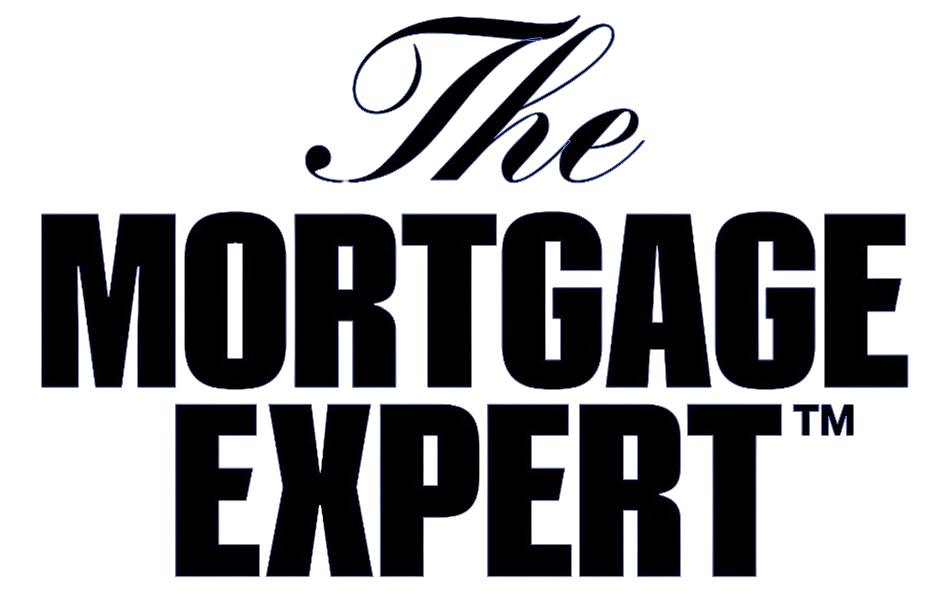Orlando mortgage strategy first
Clear mortgage strategy. Wholesale pricing. No rate bait.
I help Orlando buyers and homeowners choose the right loan structure, not just chase a headline rate. Clear tradeoffs, calm execution, and guidance that is built to pass underwriting.
- WFTV Channel 9 Home Expert
- Orlando Magazine Top Mortgage Professional
- Shahram Sondi · NMLS 186790
- MLO · Certified Mortgage Advisor™
Educational only. Not a rate quote or commitment to lend. Final pricing depends on verified borrower and property details at time of lock.


Most sites lead with rates. I lead with structure.
A rate is a number. Structure determines risk, flexibility, approval strength, and long term cost. In competitive Orlando markets, that difference matters.
Wholesale access
Priced through a broker model across multiple lenders. Built around total cost, flexibility, and underwriting clarity.
Offer and approval strategy
Built to win with clean conditions, realistic timelines, and fewer surprises after you are under contract.
Calm execution
Direct communication, clear tradeoffs, and decisions that hold up when underwriting gets detailed.
Florida mortgage rates Updated daily
Rates matter. Structure matters more.
View Florida mortgage rates updated daily with rate and APR shown together. Model payment and realistic cash to close before requesting pricing.
- Rate and APR together for cleaner comparisons
- Florida cash to close modeling for real budgeting
- Orlando first lens for local purchase planning
Planning tool only. Not a rate quote or commitment to lend.
Real situations. Structured outcomes.
Every file is different. The structure is not. Here is what borrowers valued most.
Verified client reviews shared with permission.
“We switched to Shahram mid process and everything changed. He organized the file within hours, explained every detail clearly, and secured a much better rate. We closed sooner than expected.”
“As a self employed buyer, I needed someone who understood complex income. Shahram was patient, incredibly knowledgeable, and made the entire process smooth and manageable.”
“Shahram never rushed the refinance. He waited until rates were truly in my best interest, then locked at exactly the right moment. That level of integrity and care is rare.”
Choose your path
Every mortgage decision has tradeoffs. Select the direction that fits your situation and review the structure clearly before committing.
Buying in Orlando
Structure the loan before you write an offer. Focus on payment stability, total cost, and approval strength.
Refinancing intentionally
Refinance only when the numbers support it. Evaluate break even timing and long term impact with clarity.
Comparing loan structures
Conventional, FHA, VA, jumbo, self employed income. Choose based on structure, not just rate.
Not sure what fits
Start with a structured conversation and receive a clear plan before selecting a lender or locking a rate.
Model the numbers before you commit
Test structure, payment impact, and long term cost using real inputs. These tools are built to support decisions, not just show rates.
Mortgage payment
Calculate principal, interest, taxes, insurance, and PMI in one view.
Model paymentRefinance break even
Compare cost versus savings and see when refinancing actually makes sense.
Test refinance mathHome affordability
Estimate a realistic purchase range based on income and debt profile.
Check affordabilityStructure this correctly from the start.
If you are buying or refinancing in Orlando and want clarity before commitment, begin with a structured conversation. No pressure. No rate games. Just a clear plan.
